23 Reasons BMW’s Aren’t Worth The Money

Back in college, a friend of mine bought a used BMW with more confidence than cash. He bragged about the leather seats and how the doors “closed like a bank vault.”
Three weeks later, the dashboard lit up like a Christmas tree, and the repair bill for a squeaky window motor somehow cost more than my entire beater.
That was the beginning of his very expensive love-hate relationship. For every thrilling drive, there was a surprise mechanic visit waiting in the shadows.
1. Maintenance Costs That’ll Make You Weep
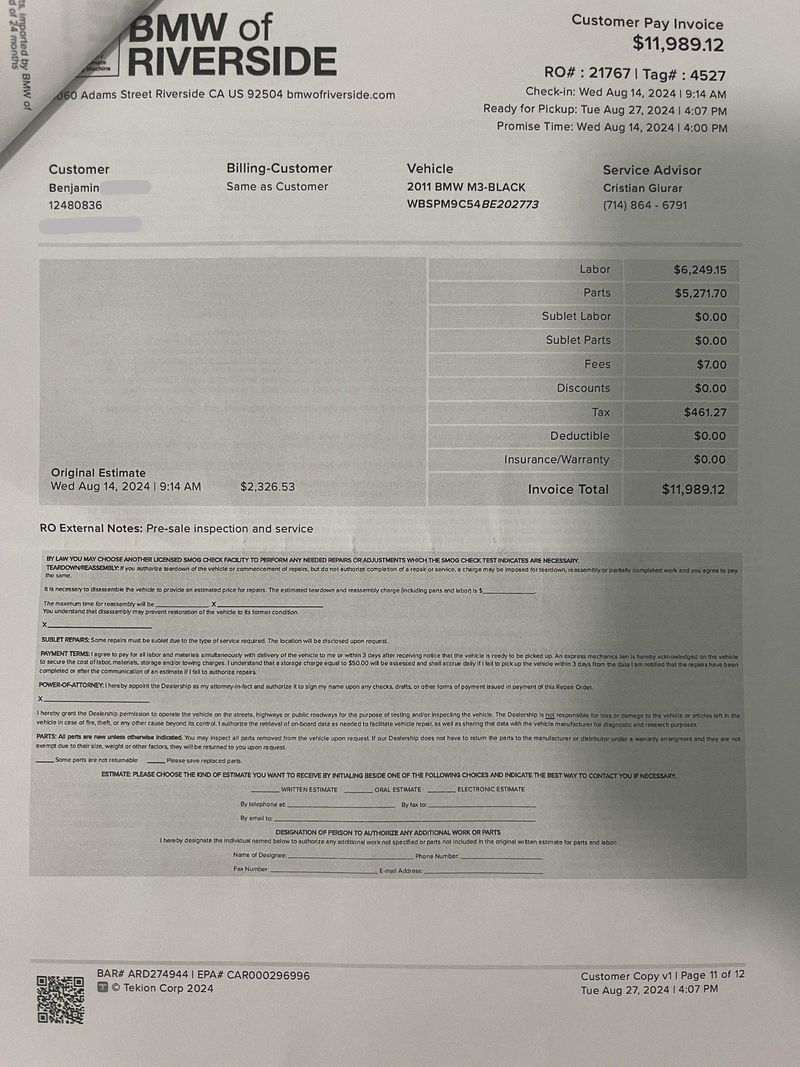
Your wallet starts crying the moment a BMW needs service. Regular maintenance costs typically run 30-50% higher than mainstream vehicles, turning routine check-ups into financial events that require planning.
Even simple oil changes can cost upwards of $200 at dealerships.
The specialized tools and training required for BMW technicians don’t come cheap, and those costs get passed directly to you.
2. Parts Pricing From Another Planet
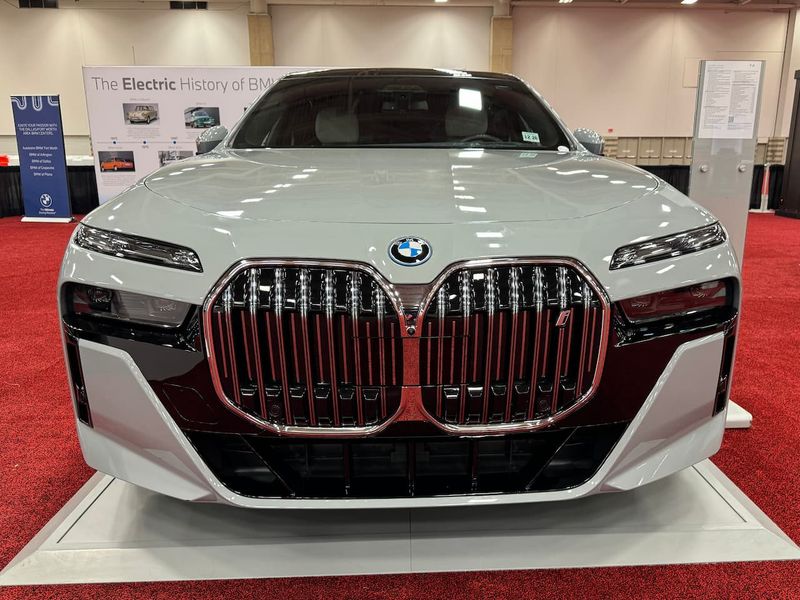
Sticker shock doesn’t end with the purchase price. Replacement parts for BMWs often cost 2-3 times more than comparable components for non-luxury vehicles.
A simple headlight assembly can run upwards of $1,000! The German engineering that makes these vehicles special also makes them expensive to fix.
Even mundane items like brake pads and rotors demand premium pricing, turning minor repairs into major expenses.
3. Depreciation That Defies Gravity
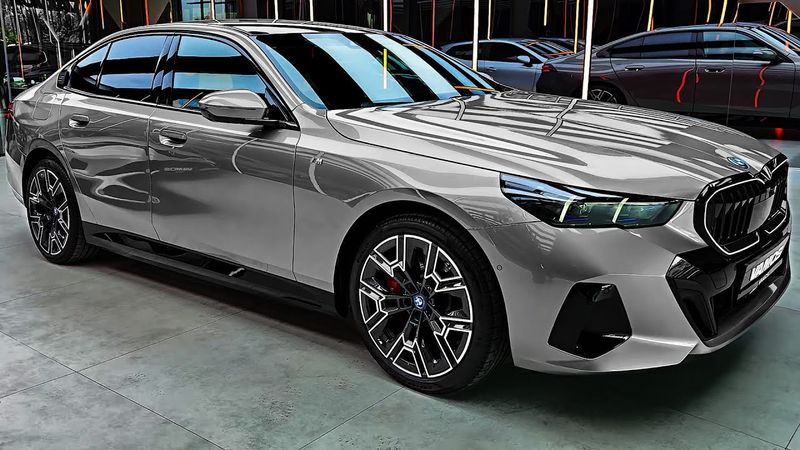
Luxury cars drop value faster than hot potatoes, and BMWs are among the worst offenders. Most models lose 50-60% of their value within the first three years of ownership.
That $70,000 status symbol becomes a $30,000 used car before you’ve finished paying it off.
The flood of lease returns hitting the market constantly drives down resale values, making new purchases particularly painful financial decisions.
4. Electronics More Complicated Than Rocket Science
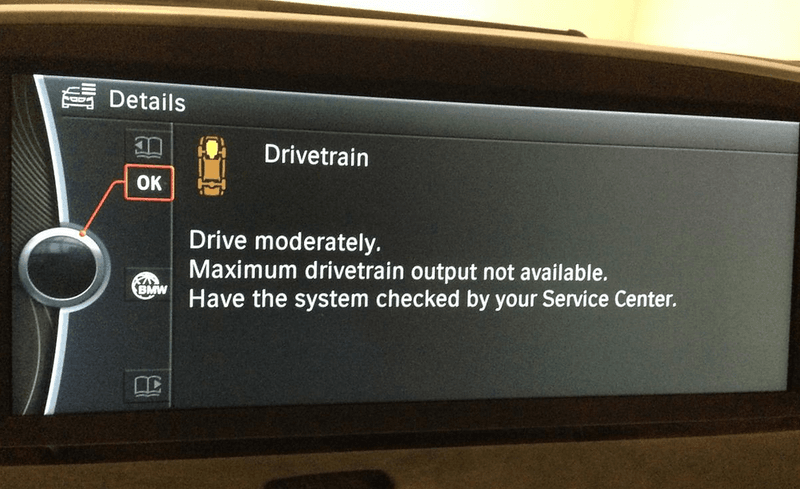
BMW stuffs their vehicles with cutting-edge technology that’s impressive when working – and nightmarish when it fails.
Their complex electronic systems interconnect everything, meaning a simple glitch can cascade into multiple failures.
Owners frequently report issues with iDrive infotainment systems freezing, comfort access malfunctioning, and dashboard warnings appearing randomly.
When these systems fail outside warranty, prepare for repair bills that could fund a vacation instead.
5. Reliability Ratings That Make Mechanics Rich
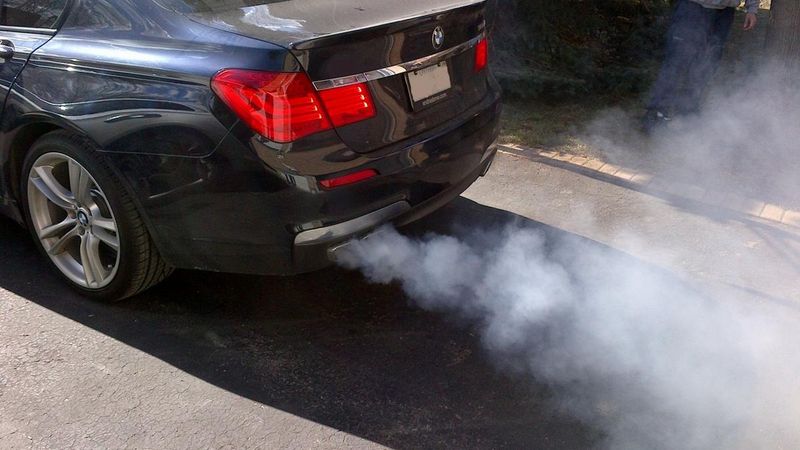
Consumer Reports and J.D. Power consistently rank BMW below average for reliability. The 3-Series, 5-Series, and X5 models in particular have earned reputations for frequent trips to the repair shop.
Long-term ownership often means facing significant issues around 60,000-80,000 miles.
Problems with high-pressure fuel pumps, valve cover gaskets, and electrical systems are common enough to be considered almost inevitable by experienced owners.
6. Diagnostic Fees That Require Financing

Mystery check engine light? That’ll be $200 just to connect the computer.
BMW’s proprietary diagnostic systems mean you’re often locked into dealership service, where diagnostic fees start high and climb rapidly.
Independent shops typically charge less, but many lack the specialized equipment needed for comprehensive BMW diagnostics.
Some electrical gremlins can take multiple paid diagnostic sessions to trace, adding hundreds before repairs even begin.
7. Optional Features That Should Be Standard

BMW has mastered the art of charging extra for features that come standard on $25,000 Hondas. Want Apple CarPlay?
That’ll be a subscription fee. Heated seats? Extra. Actual paint color instead of white? Open your wallet wider. The base prices advertised rarely reflect what you’ll actually pay.
A moderately equipped model easily jumps $10,000-$15,000 above the advertised starting price once you add features most buyers consider essential.
8. Premium Fuel Requirements Drain Your Account

Every trip to the gas station reminds you of your expensive taste. BMWs demand premium fuel – typically 91 octane or higher – adding 30-50 cents per gallon to your running costs.
Over a vehicle’s lifetime, this premium fuel requirement can add thousands to your ownership expenses.
The performance-oriented engines also tend toward thirstier fuel consumption, especially in city driving where some models struggle to reach 20 mpg.
9. Sensor Failures That Leave You Stranded
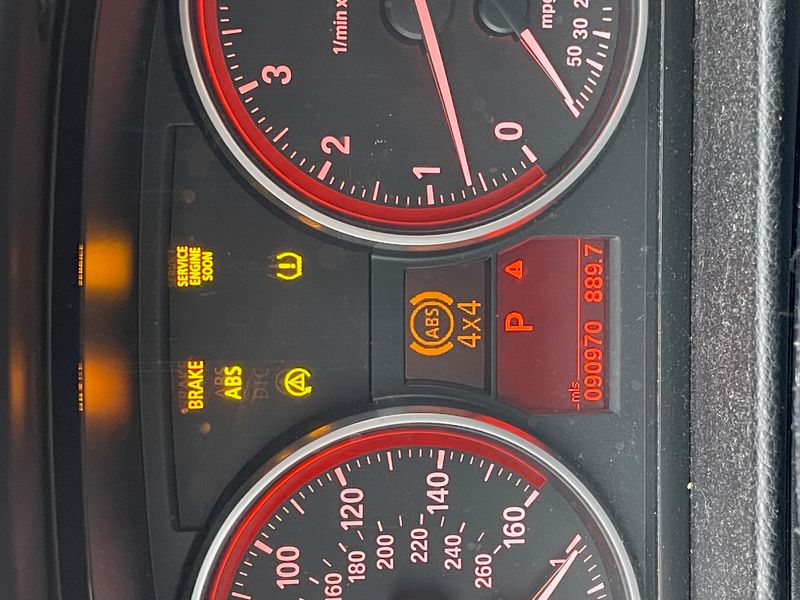
Modern BMWs contain dozens of sensors monitoring everything from tire pressure to engine timing.
These electronic watchdogs have an unfortunate habit of failing frequently, triggering warning lights and sometimes disabling vehicle functions.
Oxygen sensors, mass airflow sensors, and camshaft position sensors are particularly prone to early failure.
A single faulty sensor can trigger limp mode, reducing your prestigious vehicle to a sluggish, underpowered shadow of itself until repaired.
10. Run-Flat Tires: Convenience at a Cost
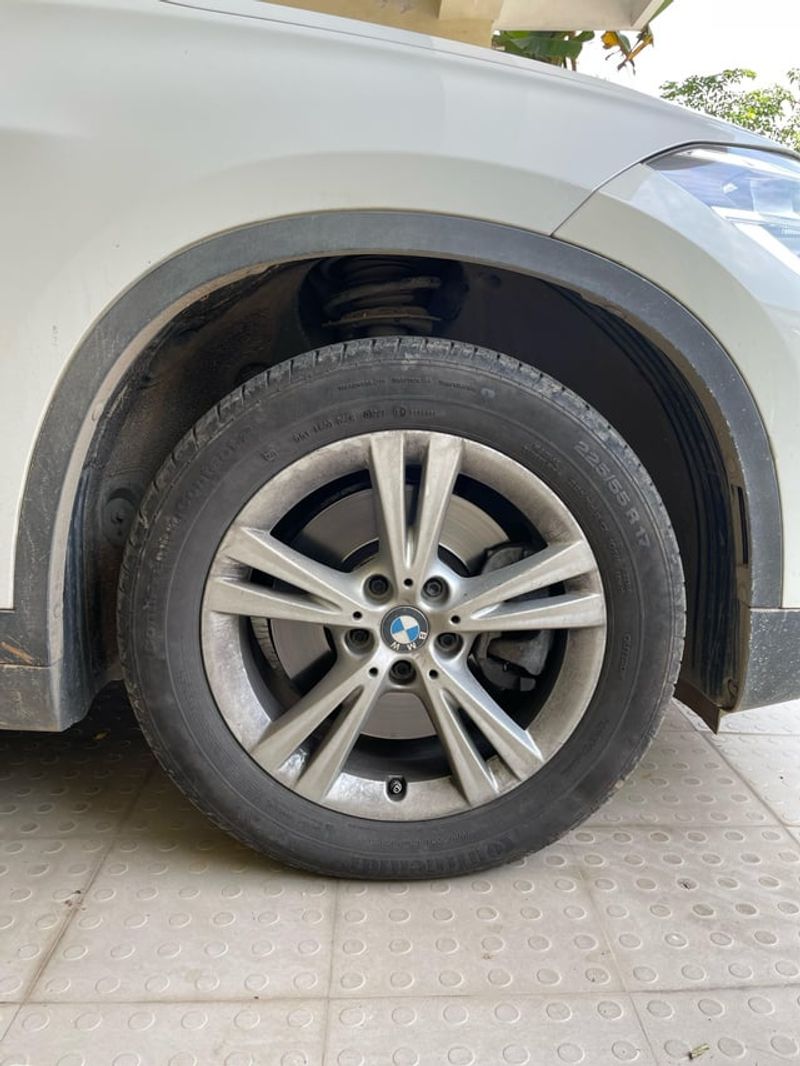
Run-flat tires sound great in theory – no need for a spare! Reality proves less appealing when replacement time comes.
These specialized tires typically cost 30-50% more than standard tires and often wear out faster. Many owners report harsher rides and more road noise compared to conventional tires.
The stiff sidewalls that allow continued driving after a puncture transmit more bumps and vibrations into the cabin, compromising the luxury experience you paid for.
11. M Models: Kidney-Punishing Ride Quality
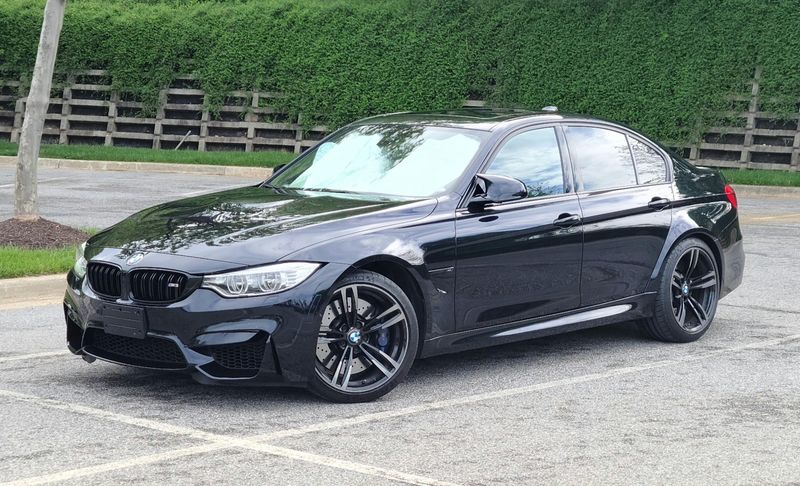
Performance-oriented M models deliver thrilling acceleration and handling, but at the expense of your spine.
Their ultra-stiff suspensions transform minor road imperfections into jarring impacts that become tiresome during daily driving.
What feels exhilarating on a smooth track quickly becomes punishing on typical American roads.
Many owners eventually regret choosing the sportiest variants for commuting, finding the constant firmness exhausting rather than engaging over time.
12. Insurance Premiums That Rival Mortgage Payments

Insurance companies know exactly how expensive BMWs are to repair, and they price policies accordingly. Expect to pay 30-50% more to insure your Bavarian beauty compared to a similarly priced Japanese luxury vehicle.
The combination of expensive parts, specialized repair requirements, and higher theft rates for premium vehicles creates a perfect storm for insurance rates.
Young drivers in particular face eye-watering premiums that can exceed $3,000 annually for even entry-level models.
13. Hidden Service Fees That Multiply Costs
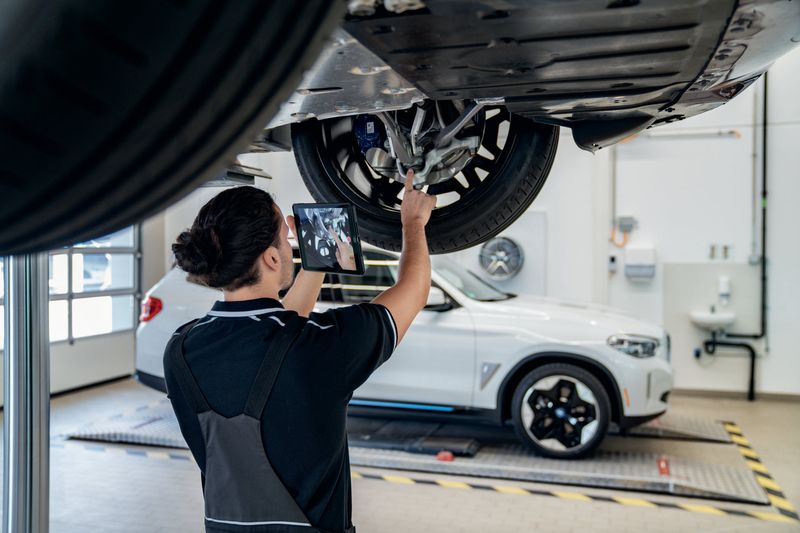
Dealership service departments love adding mysterious fees to already expensive maintenance visits.
Environmental disposal fees, shop supplies, and computer system access charges frequently appear on invoices, adding 10-15% to the bottom line.
Even routine service includes hidden costs. Need a software update?
Prepare to pay not just for the update itself but also for “initialization and adaptation” fees. These seemingly small charges accumulate rapidly across ownership years.
14. Warranty Coverage Shorter Than Your Coffee Break

BMW’s standard 4-year/50,000-mile warranty sounds decent until problems start appearing at 51,000 miles.
Many competitors now offer 5, 6, or even 10-year warranties while BMW remains stubbornly stingy with coverage periods.
The powertrain warranty ends simultaneously with the bumper-to-bumper coverage, unlike many manufacturers that extend powertrain protection.
Extended warranties exist but cost thousands, essentially making you pay extra for protection against the vehicle’s known reliability issues.
15. Software Updates That Cost More Than Your Phone

Modern BMWs run on sophisticated software that requires periodic updates to function properly.
Unlike your smartphone’s free updates, BMW often charges handsomely for software refreshes – sometimes hundreds of dollars per update.
Some updates require dealer-only equipment and can’t be performed by independent shops.
Remote updates are becoming more common but still often come with fees attached, creating an ongoing subscription-like expense few buyers anticipate.
16. Cooling Systems With Self-Destruct Timers
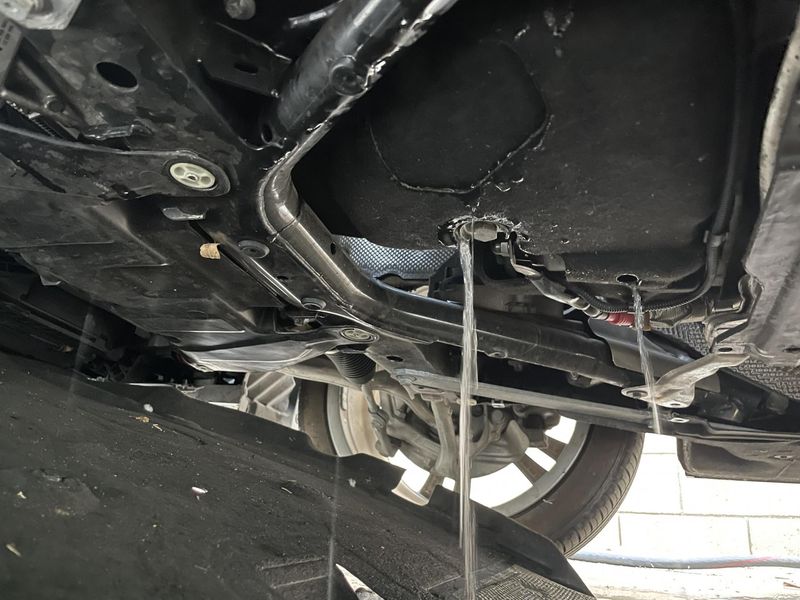
BMW cooling systems seem designed with planned obsolescence in mind. Plastic components in high-heat areas regularly fail around 60,000-80,000 miles, leading to overheating and potential engine damage.
Water pumps, thermostats, and radiators are common failure points.
Experienced owners often replace these components preventively around 60,000 miles, adding a significant maintenance expense that more reliable brands don’t require.
17. Oil Leaks More Reliable Than German Trains
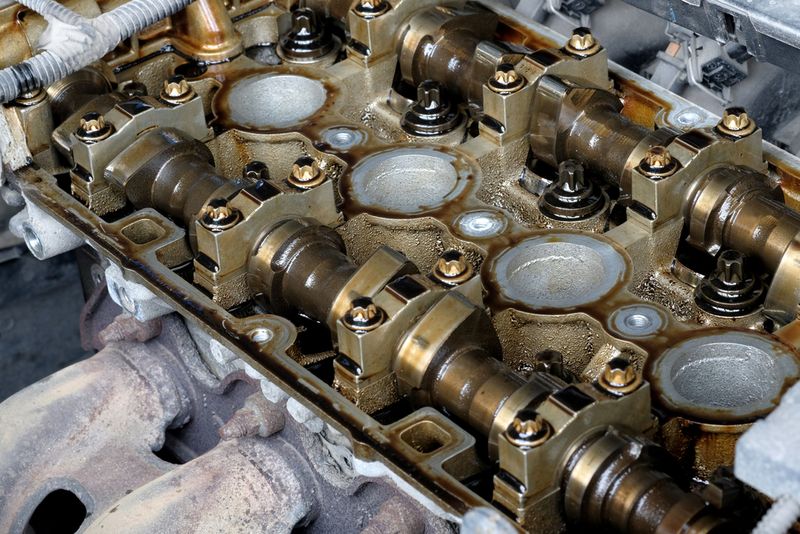
BMW engines develop oil leaks with such consistency you could set your watch by them.
Valve cover gaskets, oil pan gaskets, and oil filter housings frequently begin seeping around 50,000-70,000 miles.
These leaks typically start small but worsen over time. Left unaddressed, they can damage other components like alternators and belts.
The repair costs are substantial since many leaks require removing multiple components to access the failed seals.
18. Timing Chain Problems That Threaten Engines
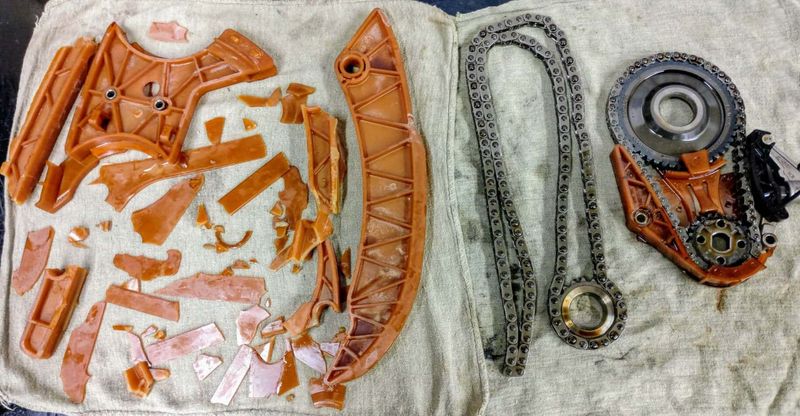
Several BMW engines (particularly N20 and N47 models) developed notorious reputations for premature timing chain failures.
When timing chains fail, catastrophic engine damage often follows, resulting in repair bills exceeding $5,000.
The issue became so widespread that class-action lawsuits were filed. While BMW improved designs in later years, many pre-2015 models remain at risk.
The repairs require substantial engine disassembly, making them extremely labor-intensive.
19. Turbocharger Issues That Blow Budgets
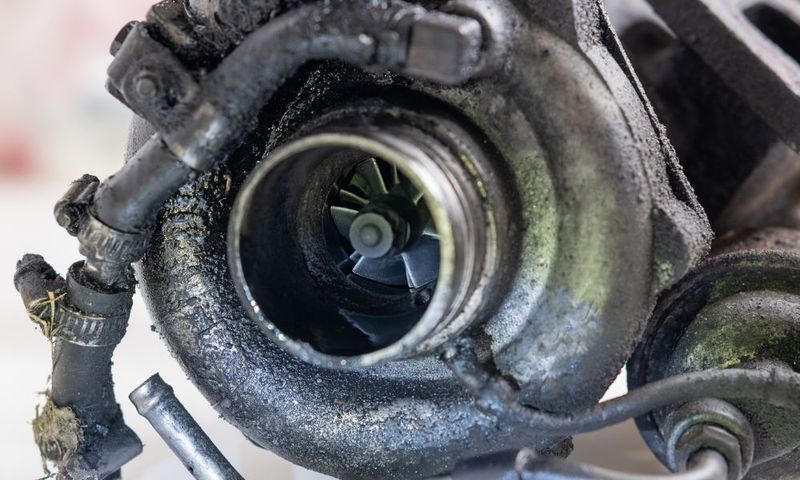
BMW embraced turbocharging across their lineup, but these power-boosting components often fail prematurely.
Turbo repairs typically start around $2,500 and can exceed $4,000 depending on collateral damage.
Early signs include oil leaks, power loss, and strange whistling noises. The complex cooling and oiling systems supporting turbos add additional failure points.
Many owners face this expensive repair between 80,000-100,000 miles, just as they thought major expenses were behind them.
20. Overcomplicated Engineering That Baffles Mechanics
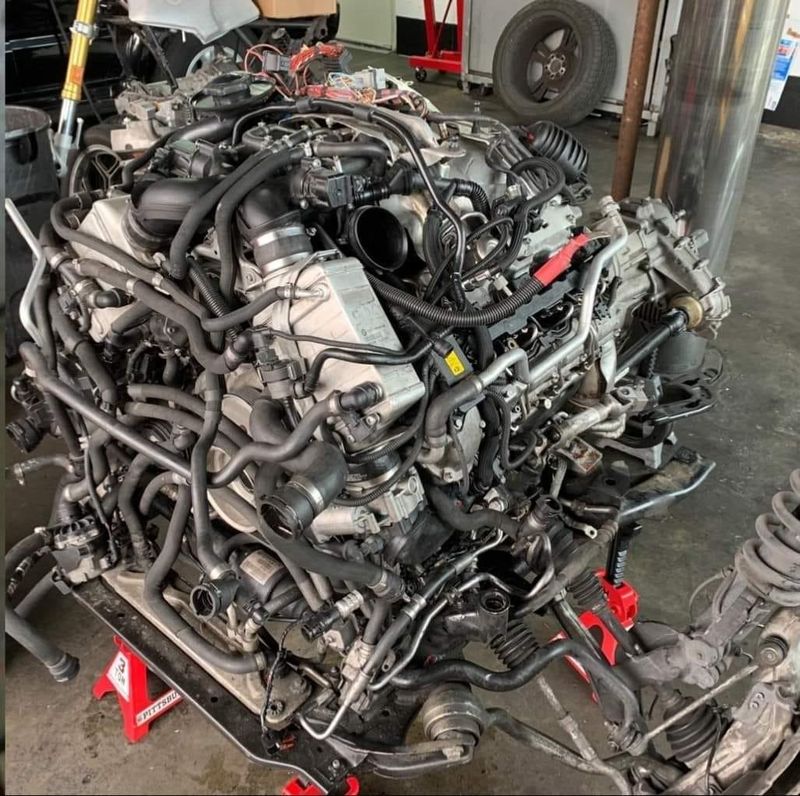
German engineering precision often translates to needlessly complex solutions for simple problems.
Tasks that take 30 minutes on Japanese cars can require hours on BMWs due to convoluted component access and specialized procedures.
Something as basic as a battery replacement requires computer registration in many models.
Even oil changes involve electronic reset procedures. This complexity multiplies labor costs for almost every repair, regardless of the actual parts expense.
21. Resale Values That Make Economists Cringe
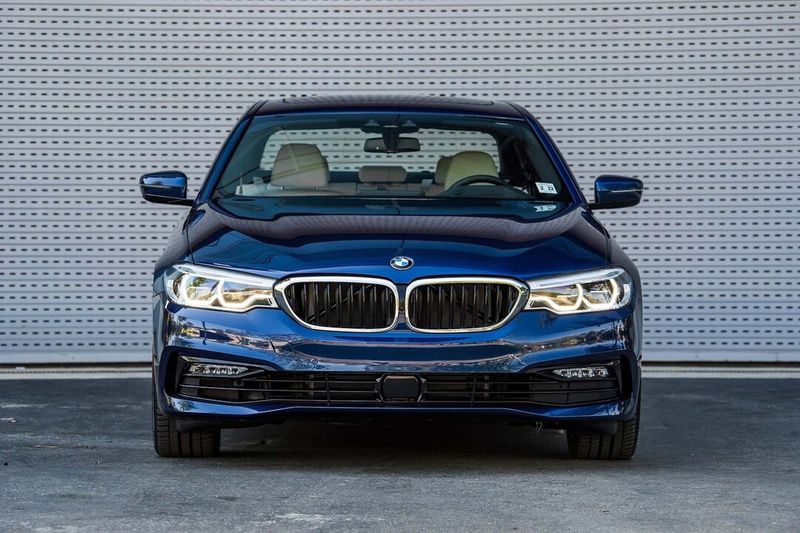
Despite their premium purchase prices, BMWs perform poorly in the resale market compared to brands like Lexus or Porsche.
High maintenance costs and reliability concerns make used BMWs particularly frightening to value-conscious buyers.
The depreciation curve steepens dramatically as vehicles age past 5-7 years.
Models with known issues like timing chain problems or electronic gremlins suffer even worse value retention. This poor resale performance significantly increases the true cost of ownership.
22. DIY-Unfriendly Designs That Lock You Into Service Centers
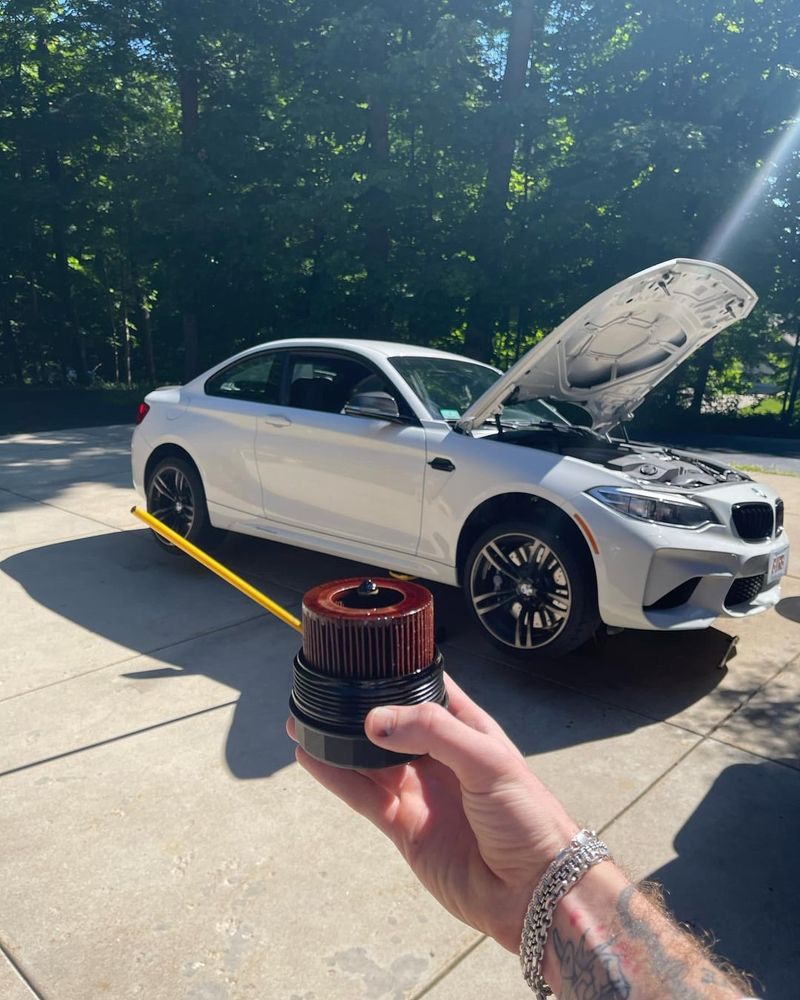
BMW actively discourages home mechanics through design choices that make basic maintenance unnecessarily difficult.
Special tools, hidden fasteners, and computer requirements create artificial barriers to DIY maintenance.
Even accessing some components requires dealer-specific diagnostic equipment. Oil changes require special extraction equipment or awkward filter access.
These anti-DIY designs force owners into expensive service relationships with dealers or specialists, eliminating the cost-saving option of self-maintenance.
23. Brand Prestige That Costs Real Dollars

The blue and white roundel adds thousands to the price tag without adding tangible value. You’re paying a hefty premium for the privilege of telling people you drive a BMW.
Comparable vehicles from less prestigious brands offer similar performance, features, and quality for significantly less money.
The brand markup represents the largest component of BMW’s inflated pricing, effectively charging you for the logo rather than substantive improvements in the driving experience.
